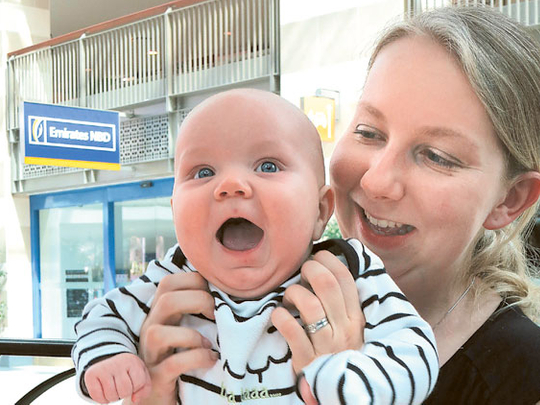
Dubai: For those affected by a musculoskeletal disorder like arthritis, performing even basic daily tasks like brushing teeth and walking can be a painful. Tens of millions worldwide are affected by bone and joint conditions, impacting the quality of life due to significant disability and diminished productivity.
To highlight this common cause of severe long-term pain among people of all ages, including children, global initiatives like the World Arthritis Day (WAD) and Bone and Joint Health National Awareness Week are in place. Both events begin on October 12 with the latter extending to October 20.
In the UAE, organisations like Emirates Arthritis Foundation (EAF) and several medical facilities are organising activities to support the cause. According to experts in the field, the main issue is awareness which will lead to early diagnosis and treatment.
Speaking to Gulf News, Dr Humeira Badsha, consultant rheumatologist and founding member of the EAF, Dubai, explained that arthritis causes pain and inflammation within a joint.
“It is a general term that refers to more than 100 medical conditions including osteoarthritis (OA) [wearing away of the cartilage between the bones], rheumatoid arthritis (RA) [autoimmune chronic inflammatory disease of the joints], and ankylosing spondylitis (AS) [affects parts of the spine, including bones, muscles and ligaments]. In the UAE, all these types plus gout [crystals due to build-up of uric acid in the blood form inside joints] are most common,” she said.
Quoting a study published last year in the Annals of Rheumatic Diseases, and in which she was the lead author, she said doctors showed that patients in the UAE had a lag time of nearly one year in detection of rheumatoid arthritis and another nine months before they were started on the correct treatment. She pointed out that there is a need for more awareness to reduce this lag.
Of arthritis symptoms, Dr Ghita Harifi, rheumatologist at Dubai Hospital, told Gulf News that these typically include morning stiffness, pain, inflammation and damage to the joint cartilage, and swelling. She said. “There are certain factors that increase the risk of arthritis including obesity [in the case of osteoarthritis], age, gender [women are more likely to get arthritis], and genetics.”
Dr Harifi explained that depending on the type of arthritis, pharmacological (drugs) and non-pharmacological (physiotherapy and occupational therapy), and in some cases surgery are treatment calls for reducing pain, stopping the damage to the joints, delaying the need for surgical intervention, and improving function.
“In general, a person with arthritis should control the risk factors. Apart from medical treatment in consultation with a doctor, one can manage the symptoms through several ways including weight management, good posture, exercise, use of a walking aid, reducing stress, and avoiding injury to the joints.”
Gulf News also spoke to Dr Khalaf Moussa, a German-board certified orthopaedic surgeon with a specialised focus on rheumatology at the Dubai Bone and Joint Centre at Dubai Health Care City (DHCC).
He said, “In general, people should aim for weight control to reduce the chances of developing arthritis. Moderate exercises to maintain muscle tone, joint flexibility, and decrease joint pain and stiffness, is recommended. One should avoid strenuous exercises like heavy weightlifting that put undue stress on the knees.”












